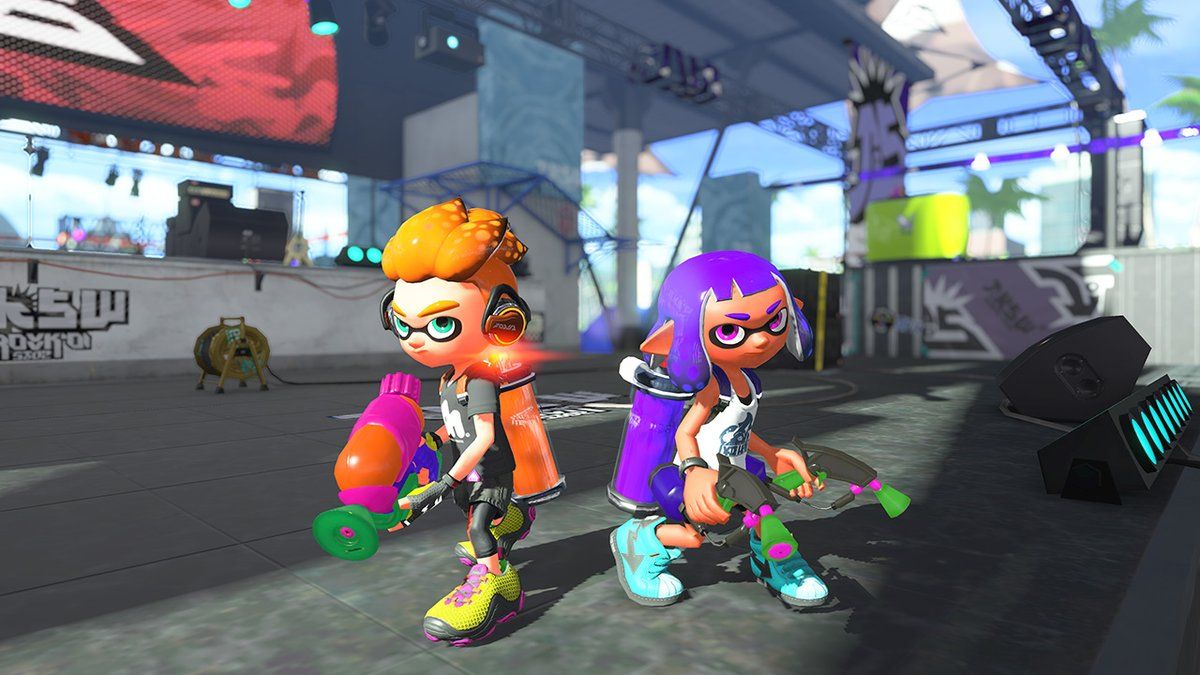If Splatoon 2's Global Testfire is any indication of the game with full functionality, kids and squids will have an easy time playing the game on the go. According to a recent report from VentureBeat, Splatoon 2 took up slightly over 153MB per hour using a smartphone for hotspot play.
Even more impressive is the gameplay fluidity using a mobile device. While most seasoned gamers would expect a fast-paced, online multiplayer game to perform terribly on a mobile connection, Splatoon (in both my experience and VentureBeat's) had parity to playing the game via home Wi-Fi.
The reason behind that is likely the incredibly low tick rate for Splatoon 2, noted by NeoGAF member Bluth54. For those with less of a working knowledge of technical backgrounds, the tick rate refers to the frequency that the server will send updated data to the game console. Low tick rates will feel like playing fighting games with low frames per second or frame drops -- pro players will likely find some shots missing.
With the explanation out of the way, Splatoon 2 sports a 12.5Hz tick rate. Comparatively, this number is a fraction of other online shooters, even Splatoon 1:
- Splatoon 2 -- 12.5Hz
- Splatoon -- 25Hz
- Overwatch -- 63Hz
- Counter Strike: Global Offensive -- 64 Hz
- Battlefield One -- 45Hz
What do you make of these numbers? It's a mixed bag, depending on what you are hoping to play. For gamers looking for great Splatoon 2 performance while taking Nintendo Switch on the go, you are in for luck -- you can spend the month playing an hour during lunch and reach 4.6GB. However if you are hoping to see Splatoon 2 on the competitive eSports scene, these tick rate limitations may be a drawback keeping the game from going big.
Of course, this is all based on data from Splatoon 2's Global Testfire -- whether the specifications hold up into the final release is yet to be seen. Splatoon 2 releases sometime this summer, exclusively on Nintendo Switch.

